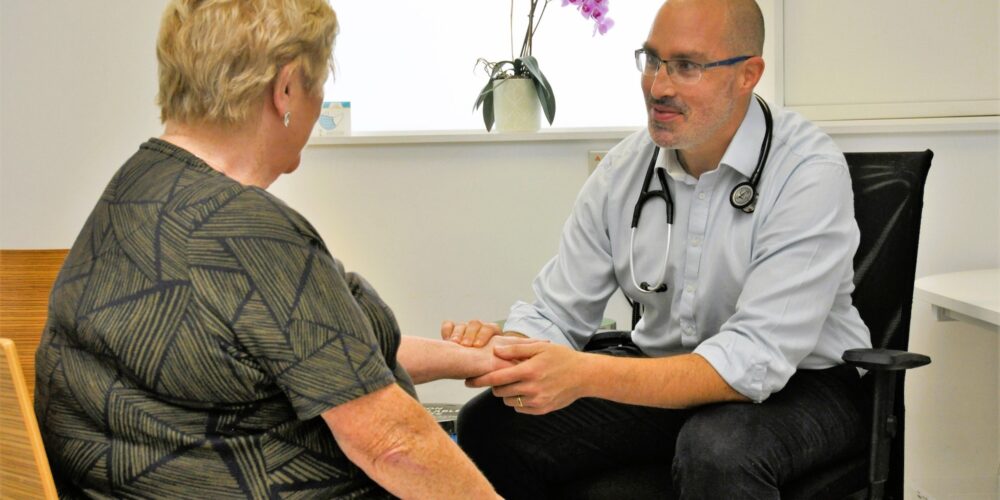
Targeting MAITs as an Opportunity Beyond Weight Loss for Solving the Public Health Crisis of Obesity-associated Cancer – thinking outside the box by looking inside the adipose tissue
- Fellow
- Féaron Cassidy
- Countries
- Ireland, Sweden
- Institutions
- Karolinska Institutet
Maynooth University - Contact
- Fearon.Cassidy@mu.ie
Dr Féaron Cassidy Maynooth University & Karolinska Institutet, Sweden
Cancer is the most common cause of death in Ireland where we also have the 2nd highest obesity rate in the EU. Obesity and obesity-associated cancer (OAC) are increasing in prevalence despite public health weight management campaigns. This is because of the simplistic approach of weight management for risk reduction, when in reality the situation is much more complex with many more opportunities for intervention. Successfully reducing the risk of cancer in people with obesity (PWO) will require research and collaboration.
Dr Féaron Cassidy will investigate the biology of how obesity-associated immune dysfunction contributes to cancer. Specifically, she will focus on a particular type of immune cell, called a MAIT (Mucosal-associated invariant T cells ). Dr Cassidy’s research has previously shown that MAITs are excellent at killing cancer cells in the laboratory. Dr Cassidy has also shown that PWO have fewer MAITs, that their MAITs are not good at killing cancer cells and that instead MAITs from PWO actually contribute to inflammation which increases cancer risk. How MAITs can behave so differently in PWO to those from people without obesity is unknown. Dr Cassidy has looked at the behaviour of fat cells from PWO (fat samples donated during surgery), and found that they express proteins specifically recognised by MAITs. She therefore wants to study this interaction, work which will require world-leading technology available at Karolinska Institutet (KI) under the mentorship of Professor Niklas Björkström, and surgical adipose samples available from a clinical collaboration with Professor Donal O’Shea through Maynooth University (MU) under the mentorship of Dr Andrew Hogan. Dr Cassidy believes that the findings could contribute to public health policy and / or new treatments to help reduce illness and death from OAC, for example by issuing targeted public health advice, or by generating a MAIT-based cellular therapy. Dr Cassidy will work at a cellular therapy company on secondment to assess the potential of the latter.